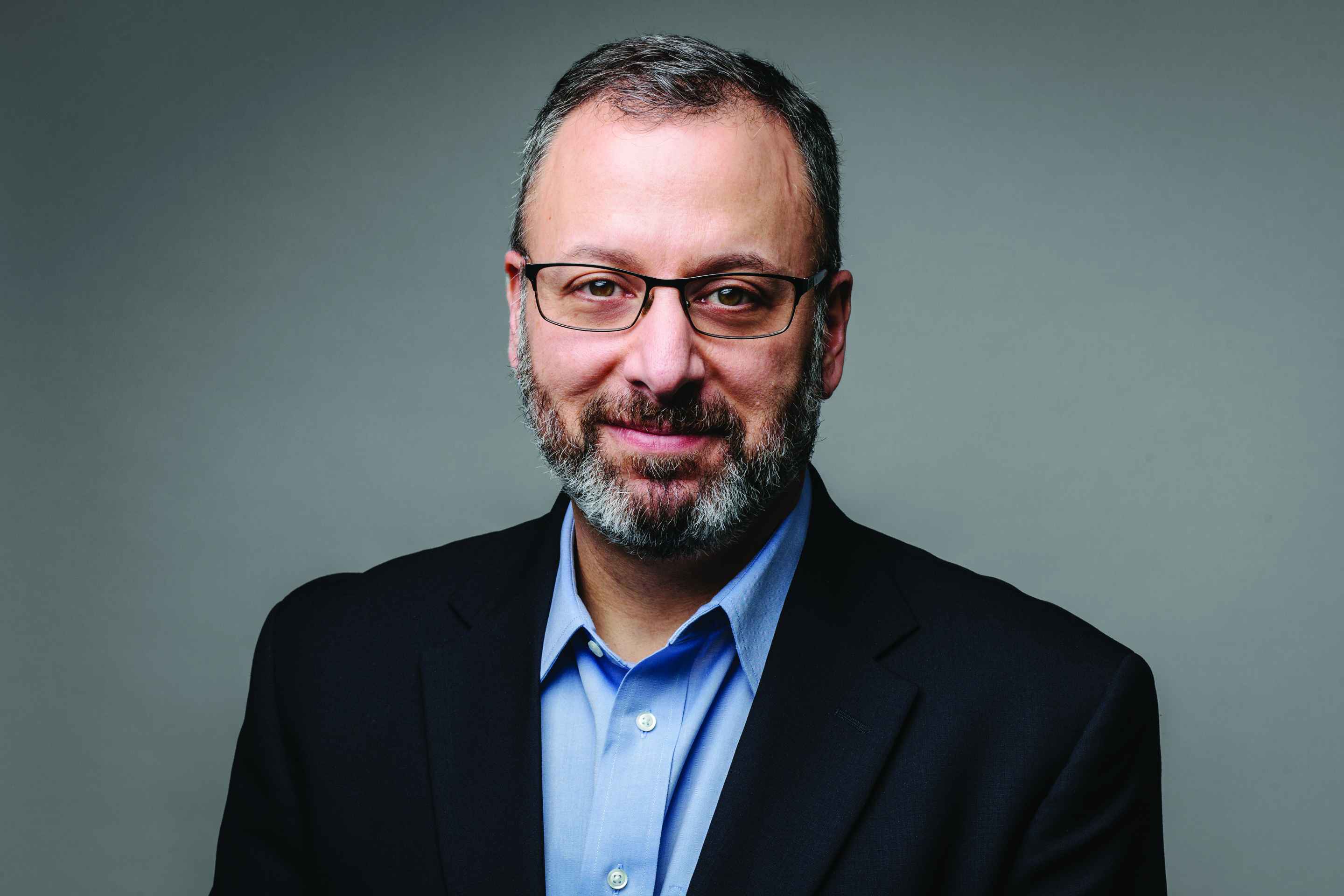Getting Innovative to Best Combat COVID-19
By Marc Helberg, managing vice president at the Philadelphia office of Pariveda Solutions
COVID-19 is many things. It is creating an economic impact like we have never seen before, it’s a lesson in basic hygiene, a test in societal patience, an enormous challenge, and a rare opportunity. It also demonstrates why many have chosen the pharmaceutical profession.
As the world watches and waits for any semblance of good news in the fight against the novel coronavirus, pharmaceutical companies find themselves in the dubious position of being significant contributors and potential villains at the same time. Can we find the cure? Will we rise to this historic occasion? Each day that passes adds serious pressure to the push for a vaccine. It’s an unprecedented time to be a pharmaceutical executive.
One certainty: Inaction is not an option. This article will outline steps we can take to stay vigilant in the face of misinformation and heightened expectations. More than anything, we must unite in this fight and selflessly pursue answers. Profits need to take a backseat to people.
Following Through This Time
Dozens of biotech and pharmaceutical companies are working nonstop to produce medications and vaccines for COVID-19. Traditionally, this all-hands-on-deck approach to a novel disease or virus is short-lived because funding or interest dries up. Our collective attention gets hijacked. Commercial markets for antiviral treatments aren’t strong to begin with, and the seasonal nature of most epidemics turns investment in a cure into a questionable strategy. Attempts to develop treatments for earlier coronavirus strains like severe acute respiratory syndrome (SARS) and Middle East respiratory syndrome (MERS) fell short as a result.
Will this time be different? It certainly feels that way, given the global crisis that has unraveled in COVID-19’s wake.
In a sense, it seems like pharma may not be integrated into the conversation. The main focus is on aid and relief, but the industry has more to offer in terms of exploration. The multiple myeloma drug Aplidin (plitidepsin) is being explored as a potential treatment for COVID-19, as is the arthritis drug Kevzara. We have existing drug products that might help significantly, but how do we get them to the forefront of people’s minds?
It’s possible that the coronavirus immunization already exists somewhere in the research and development process. Work on vaccines for earlier coronavirus strains was deprioritized a number of years ago and left unfunded. It’s frustrating, but how do we accelerate funding to better provide healthcare and offer immunization and treatment?
In addition to determining whether a company has any useful or helpful immunizations or treatments that can be accelerated, pharma should also consider ways to treat the symptoms of COVID-19. A large majority (80%) of cases are not considered severe; let’s work to distribute medications that can help those folks feel better. If we can’t treat the problem itself yet, we can start by treating the symptoms. That’s a six-month outlook for the industry.
What the Near Future Holds
In this first month, we should prioritize giving people information about reducing the spread of COVID-19. From there, we need to recognize that products are available to deal with the symptoms. We should be equipping people with those medications to make our maximum impact. Drug wholesalers are just one example of a group that’ll have to tax their own supply chains as they work to produce larger volumes of products they distribute, such as drugs, masks, and suits. The best the company can do is gear up for a hyperaccelerated distribution channel.
This pandemic is an opportunity for healthcare and government to work together. The challenge around baseline public information is one that pharmaceutical and healthcare companies can both get a better handle on. From a transmission and prevention perspective, we absolutely need to unify the conversation.
How do we make sure people apply common sense? It goes back to messaging: Who sets the rules? How do we make sure we’re governing? What does enforcement look like? There can be consistent messaging, but how do we handle the situation if people don’t isolate at home? We need to be prepared for all scenarios, and that begins with finding common ground (and language) with each other — on a global scale, no less.
The time for all parties to collaborate is now. To some degree, that is occurring. On top of that, some kind of investment needs to come from within the pharmaceutical industry — maybe temporary price stability or even some sort of financial commitment helpful to the cause. It’s the ultimate “put your money where your mouth is” strategy, but not in an erosive way — maybe a percentage of profits, such as 1% to help fund care.
If we all focus and fight together, we’ll help ourselves and change the world in the process. Isn’t that why we’re working in this sphere in the first place?
About the author
Marc Helberg is the managing vice president at the Philadelphia office of Pariveda Solutions, a consulting firm driven to create innovative, growth-oriented, and people-first solutions.



